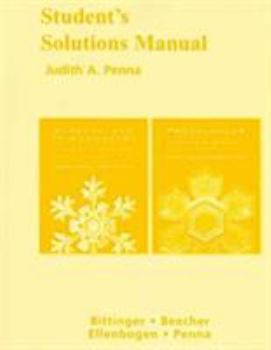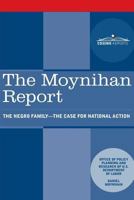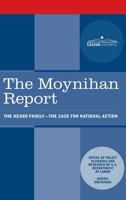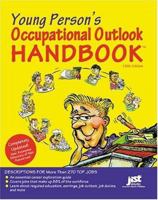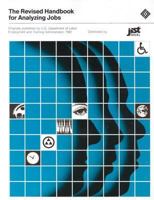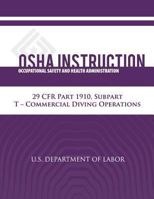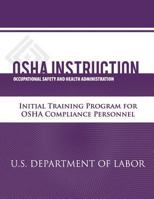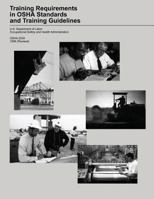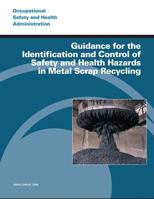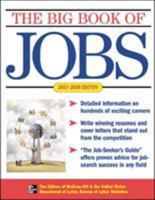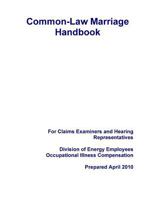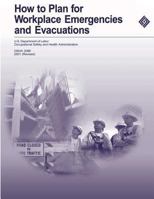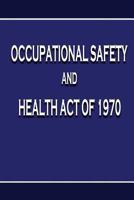Student's Solutions Manual for Algebra and Trigonometry/ Precalculus: Graphs and Models
Select Format
Select Condition 
Book Overview
- By Judith A. Penna - Contains completely worked-out solutions with step-by-step annotations for all the odd-numbered exercises in the exercise sets, with the exception of the Collaborative Discussion and Writing exercises, and for all the odd-numbered review exercises and all chapter test exercises This description may be from another edition of this product.
Format:Paperback
Language:English
ISBN:0321531973
ISBN13:9780321531971
Release Date:March 2008
Publisher:Pearson
Length:432 Pages
Weight:0.10 lbs.
Dimensions:0.8" x 8.4" x 10.9"
More by U.S. Department of Labor
Customer Reviews
4 customer ratings | 4 reviews
There are currently no reviews. Be the first to review this work.










